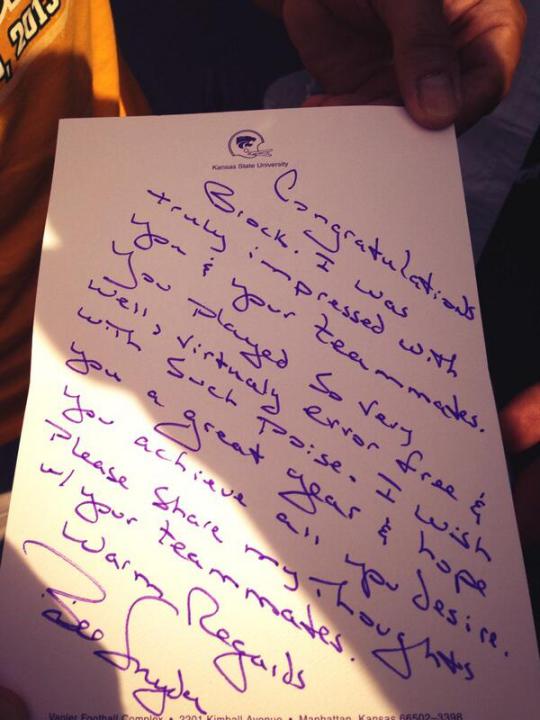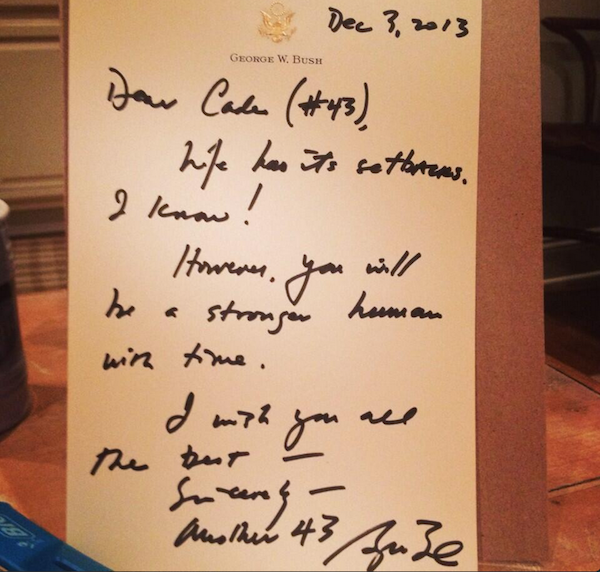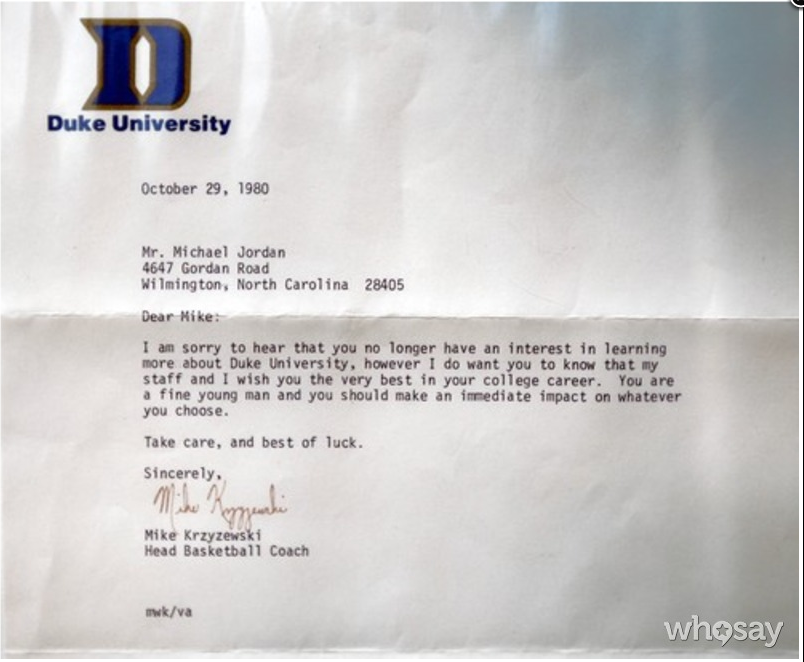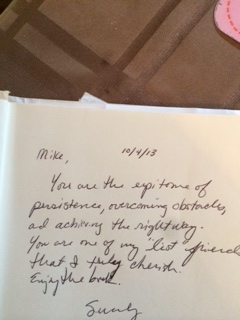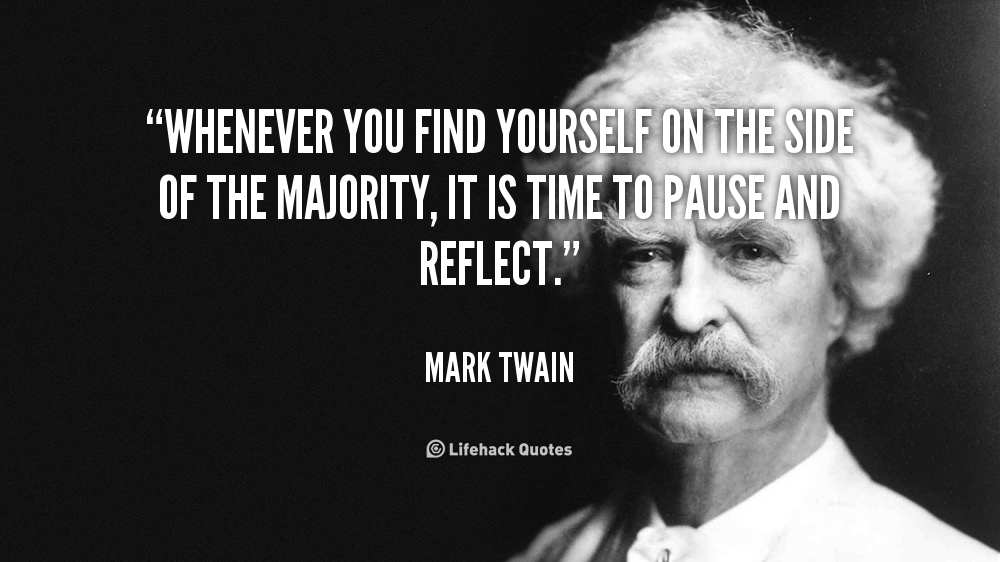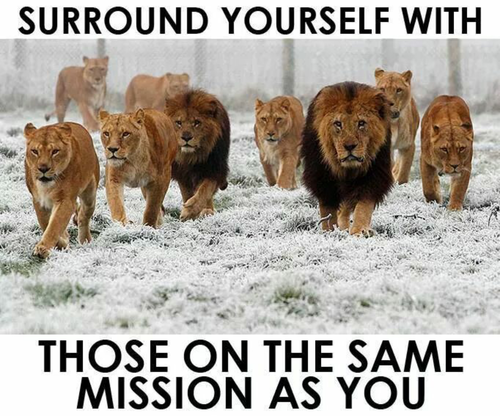In 2013 I read an article about the Pittsburgh Pirates manager, Clint Hurdle. It wasn’t your typical sports column: it talked about Clint’s daily inspirational messages, the love for his family, and his past struggles. In the article, there was a quote from John Lennon that is displayed in the Pirate skipper’s office:
“When I was 5 years old, my mother always told me that happiness was the key to life. When I went to school, they asked me what I wanted to be when I grew up. I wrote down ‘happy’. They told me I didn’t understand the assignment, and I told them they didn’t understand life.” – John Lennon
Boom! The light bulb went off for me. For years I had similar thoughts and feelings. The Hurdle article and Lennon quote provided clarity: I wanted to be happy.
Misconceptions About Happiness:
When you talk about love or happiness people get uncomfortable. They think these terms are “soft.” Actually, it takes incredible toughness to pursue happiness.
I can’t tell you, or anyone for that matter, how to be happy. It takes self-awareness and the courage to take a deep, sometimes painful, dive into yourself.
I do know that our society often paints a false picture of happiness. In our country, status, wealth, celebrity, accumulation of possessions– things centered around the ego–are considered success. We believe that being the star player, the CEO, the movie star will make us happy. This is a big lie.
For me I had to identify things that I thought would make me happy but weren’t providing the return.
- Circumstances: Like most people I believed, “If I just made more money I would be happy.” Or, “If I lived in a better climate things would be perfect.” So many of us, me included, have the belief that circumstances dictate our happiness. I’ve met a lot of people, who on the surface, have “everything” and they are miserable. On the other hand, I’ve met people who have very little in terms of material things who exude joy. Relying on circumstances to determine our mood is dangerous.
- Ease or Comfort: I believe the obstacles and challenges are what makes life great. Personally, I am not my best in times of comfort. I feel most alive when I’m outside of my comfort zone; creating, trying, and failing. Most people are pain adverse; we’ll go to great lengths to stay safe. We’ll do the same thing for our children. However, the strenuous life is were we find the greatest rewards.
Happiness:
As I mentioned earlier, happiness is a personal journey. What makes one person happy will not make another one happy. You must do the hard work to self-analyze and see what truly brings you joy. Like you, I’m still on my personal discovery of self-mastery. Here is a present list that brings me contentment.
- Pursuit of a worthy goal: “for success, like happiness, cannot be pursued, it must ensue, and it only does so as the unintended side-effect of one’s dedication to a greater cause than oneself or as the by-product of one’s surrender to a person other than oneself”- Victor Frankl. This is why I’m such an advocate for teams and team sports. Sports provide the platform to lose yourself in the team. There are great personal rewards in this.
- Being Healthy: Living good, eating and sleeping right. Movement is incredibly important to my mental well-being. When I am eating poorly and inactive my mental is off. It is important to remember the power of moving the body.
- Displaying Courage. There are many ways to show an act of courage; physical challenges, mental challenges or simply stepping out of your comfort zone. I feel a rush when I step out on the edge and overcome fear.
- Growth: Continual improvement is critical. If I become stagnant or complacent my mood sours. Relaxing is not good for me; instead, I prefer the term recovery. Recovery for me involves reading, writing and in-depth conversations. Sitting idle doesn’t do it for me.
- Rhythm in Life: I love my job and I also love my family. Both of these “loves” are time demanding. It’s impossible to strike a balance. There are times when I am “all in” with work and not as present with my wife and kids. We are good with this. There is a point, however, where it’s necessary to be “all in” at home. If this rhythm is extremely interrupted, on either end, my happiness is compromised.
- Service to others: I find the old saying, “it’s better to give than receive” true. I’ve lost count, but my “guestimation,” this is my 100th newsletter. I am far from a natural writer; it takes me a long time to craft an article. What keeps me going is the satisfaction in hearing from others how much they enjoy reading. It’s my small way of giving back. It fills my bucket with joy.
Conclusion:
I hope in 2018 you continue your pursuit of true happiness. You are the only one who knows what will make you happy. Please be cautious of the ego-driven pursuit of things. I’d recommend pursing experiences instead.
It’s funny how life works. Roughly four years after reading the article about Clint Hurdle I know consider him a mentor and friend. Hanging in my office now is the same John Lennon Quote about “Happiness.”
May your 2018 be full of challenges and fun,
Mike
P.S. To help you continue in your pursuit of self-awareness I highly recommend Victor Frankl’s “Man’s Search for Meaning.”

